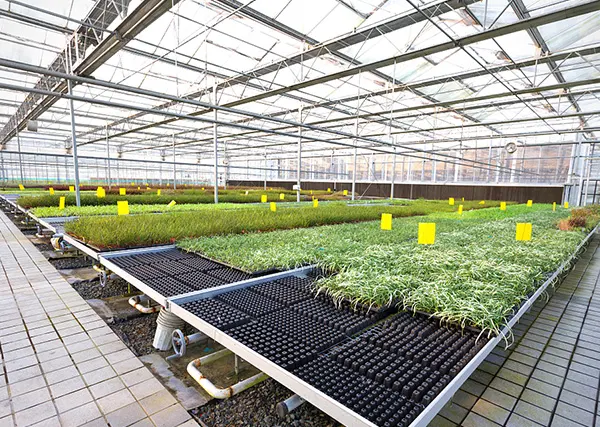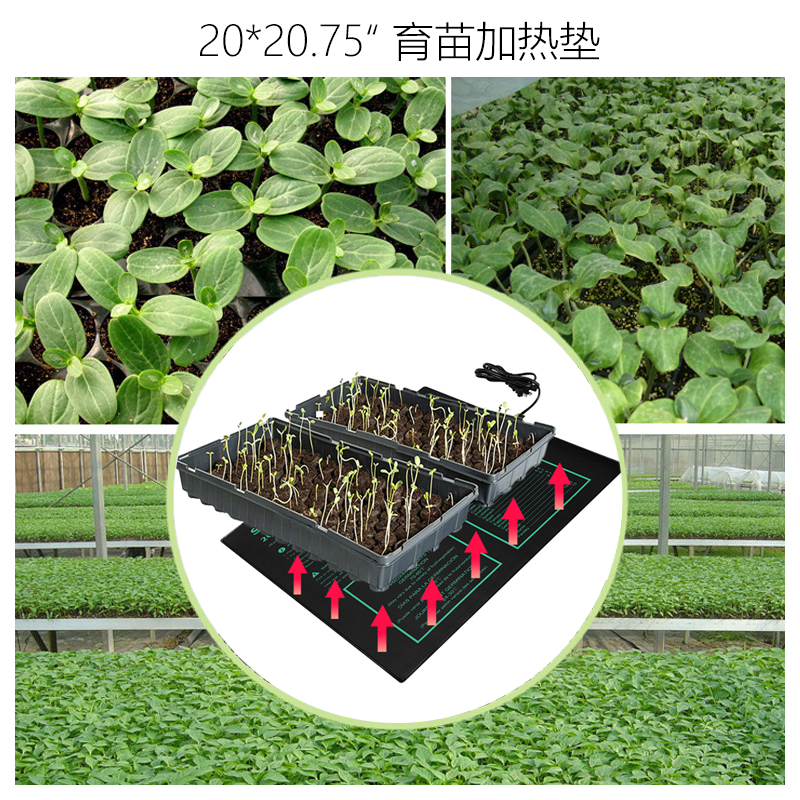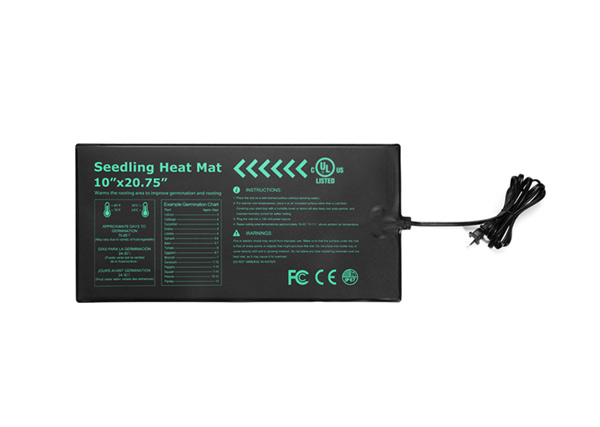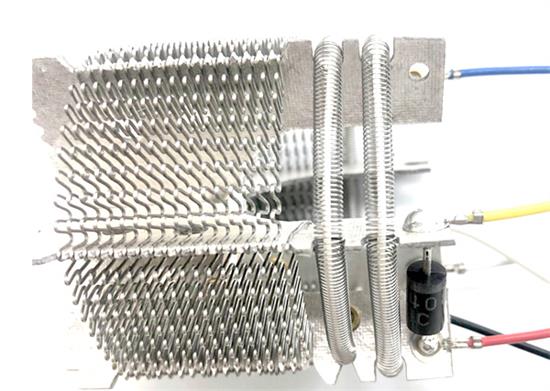Functions of Heating Film in Greenhouse
Functions of Heating Film in Greenhouse
Heating film, as a crucial element, has revolutionized the availability of off-season vegetables, effectively solving cultivation challenges for farmers. Traditional greenhouse heating systems primarily rely on burning coal, straw, and other materials, which are not only energy-intensive and polluting but also pose fire hazards due to potential sparks. Moreover, such systems struggle to maintain a consistent temperature, serving as a negative example in sustainable agriculture.

Among the various heating solutions in the current market, air-source heat pumps that utilize heat from the air have gained recognition and popularity among growers for their safety, environmental friendliness, and energy efficiency, becoming the dominant force in the greenhouse heating market.
- Cost-Effective: Compared to traditional heating equipment, heating film is less affected by weather conditions and has a broader application range.
- Energy-Saving: Heating film efficiently converts electrical energy into heat, consuming minimal electricity while generating a significant amount of warmth. It can substantially reduce electricity costs compared to conventional heating methods.
- Worry-Free: Heating film can meet winter heating demands and saves on equipment investment expenses.
- Labor-Saving: Unlike traditional coal and oil-fired boilers, heating film requires a one-time installation and allows for remote smart control, significantly reducing labor requirements.

Greenhouse facilities are designed for plant cultivation, providing a conducive environment during unfavorable growing seasons, extending the growing period, and increasing yield. They are commonly used for cultivating temperature-sensitive vegetables, flowers, and trees, as well as for seedlings. Different crops have varying root depths and temperature requirements, necessitating the creation of specific temperature conditions to support their growth and development. This tailored approach ensures the normal growth of various fruit and vegetable crops.
With the adoption of heating film in greenhouses, farmers can harness the advantages of efficient, cost-effective, and eco-friendly heating, ultimately promoting sustainable agricultural practices and enhancing overall productivity.



